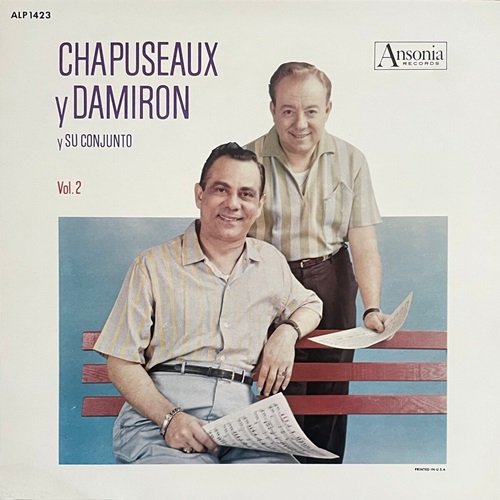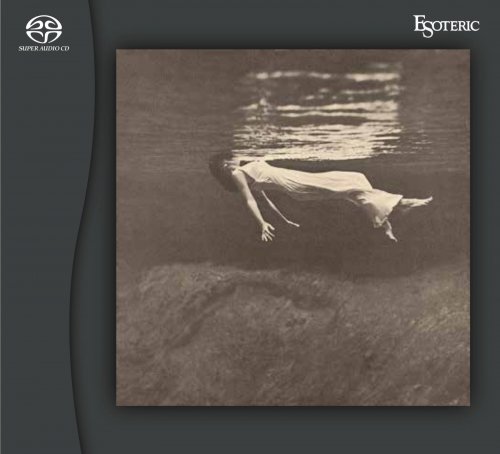Kammerchor Stuttgart & Frieder Bernius - Bach's Family: Choral Motets (2019) [Hi-Res]
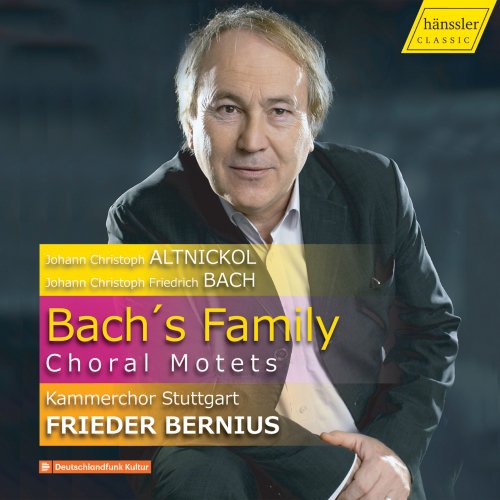
Artist: Kammerchor Stuttgart, Frieder Bernius
Title: Bach's Family: Choral Motets
Year Of Release: 2019
Label: haenssler CLASSIC
Genre: Classical
Quality: flac lossless / flac 24bits - 44.1kHz +Booklet
Total Time: Classical
Total Size: 00:55:54
WebSite: Album Preview
TracklistTitle: Bach's Family: Choral Motets
Year Of Release: 2019
Label: haenssler CLASSIC
Genre: Classical
Quality: flac lossless / flac 24bits - 44.1kHz +Booklet
Total Time: Classical
Total Size: 00:55:54
WebSite: Album Preview
---------
01. Ich lieg und schlafe ganz mit Frieden, Wf XV:1
02. Wachet auf, ruft uns die Stimme, Wf XV:2: I. Wachet auf, ruft uns die Stimme
03. Wachet auf, ruft uns die Stimme, Wf XV:2: II. Zion hört die Waechter singen
04. Wachet auf, ruft uns die Stimme, Wf XV:2: III. Gloria sei dir gesungen
05. Befiel du deine Wege: No. 1, Befiel du deine Wege
06. Befiel du deine Wege: No. 2, Dem Herren musst du trauen
07. Befiel du deine Wege: No. 3, Dein ewge Treu und Gnaden
08. Befiel du deine Wege: No. 4, Weg hast du allerwegen
09. Befiel du deine Wege: No. 5, Und ob gleich alle Teufel
10. Befiel du deine Wege: No. 6, Hoff, hoff, o du arme Seele
11. Befiel du deine Wege: No. 7, Auf, auf, gib deinem Schmerze
12. Befiel du deine Wege: No. 8, Ihn, ihn lass tun und walten
13. Befiel du deine Wege: No. 9, Er wird zar eine Weile
14. Befiel du deine Wege: No. 10, Wird's aber sich befinden
15. Befiel du deine Wege: No. 11, Wohl dir, wohl dir du Kind der Treue
16. Befiel du deine Wege: No. 12, Mach End, o Herr, mach Ende
17. Nun danket alle Gott
Several of Johann Christoph Friedrich Bach´s, (called the “Bückeburg Bach”) liturgical works benefited from choral writing in cantatas, passions and oratorios by his father Johann Sebastian; at times, these even appear in prominent positions, as in the motet on the familiar hymn by Otto Nicolai (1566–1608) “Wachet auf, ruft uns die Stimme” (BR-JCFB H 101) with its elaborate counterpoint. The four-part chorale “Gloria sei dir gesungen” at the end of the work is taken from his father’s cantata of the same name (BWV 140). No specific occasion for the motet’s composition is known, and the work can be only approximately dated to the mid-1780s. Many passages written to show off the singer’s virtuosity are in the direct tradition of his father, who often gave his vocal writing an instrumental treatment – in accordance with his conviction that “everything must be possible”. The singers often found that this approach to composition tested them to the limit of their powers. We do not know the extent of Altnickol’s musical output. Very few of his compositions have survived. Apart from some keyboard works, a ricercare and the G minor harpsichord concerto, there are two Sanctus settings, two festival cantatas and the two chorale motets selected for the present recording, “Befiehl du deine Wege” and “Nun danket alle Gott”. Bach had testified to his pupil’s “quite special facility in Composition”. 1749 Altnickol married Bach´s daughter Elisabeth Juliane Friederica.
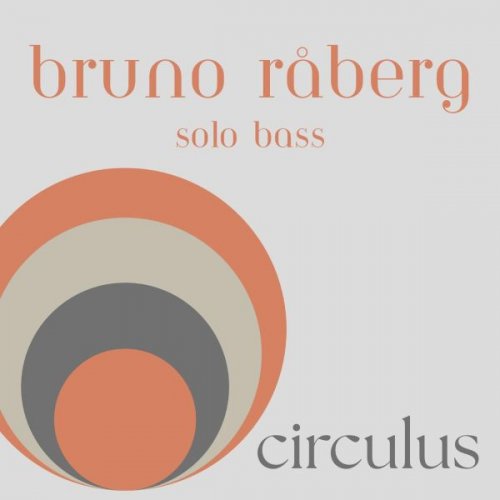
![Alcides Neto - Amú (2026) [Hi-Res] Alcides Neto - Amú (2026) [Hi-Res]](https://img.israbox.com/img/2026-02/26/mtckmw6jmvula60sukh6h3h26.jpg)
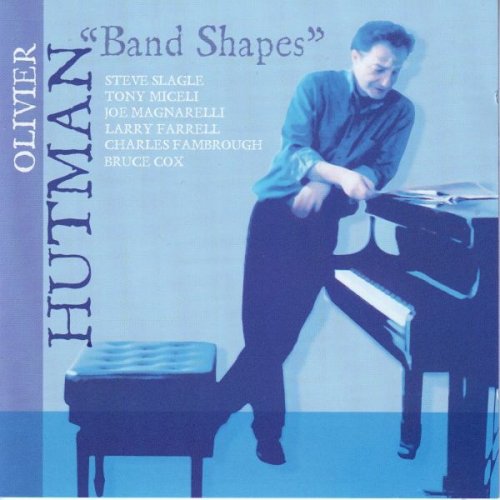

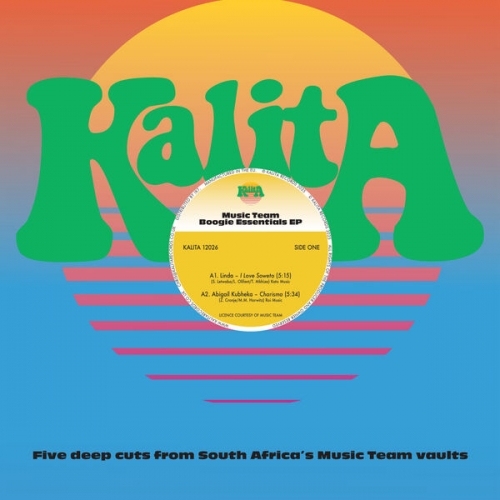
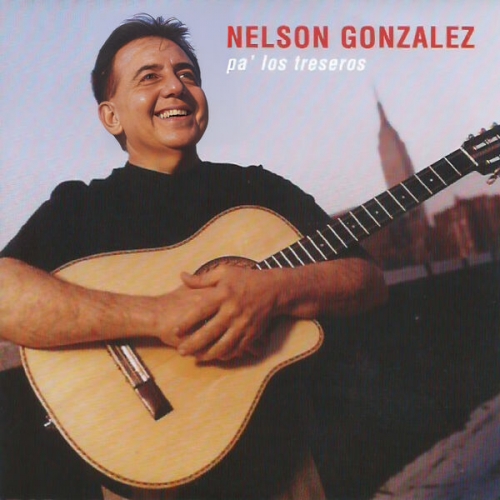
![Chris Forsyth's WHAT IS NOW - Both / And (2026) [Hi-Res] Chris Forsyth's WHAT IS NOW - Both / And (2026) [Hi-Res]](https://www.dibpic.com/uploads/posts/2026-02/1771839412_cover.jpg)
